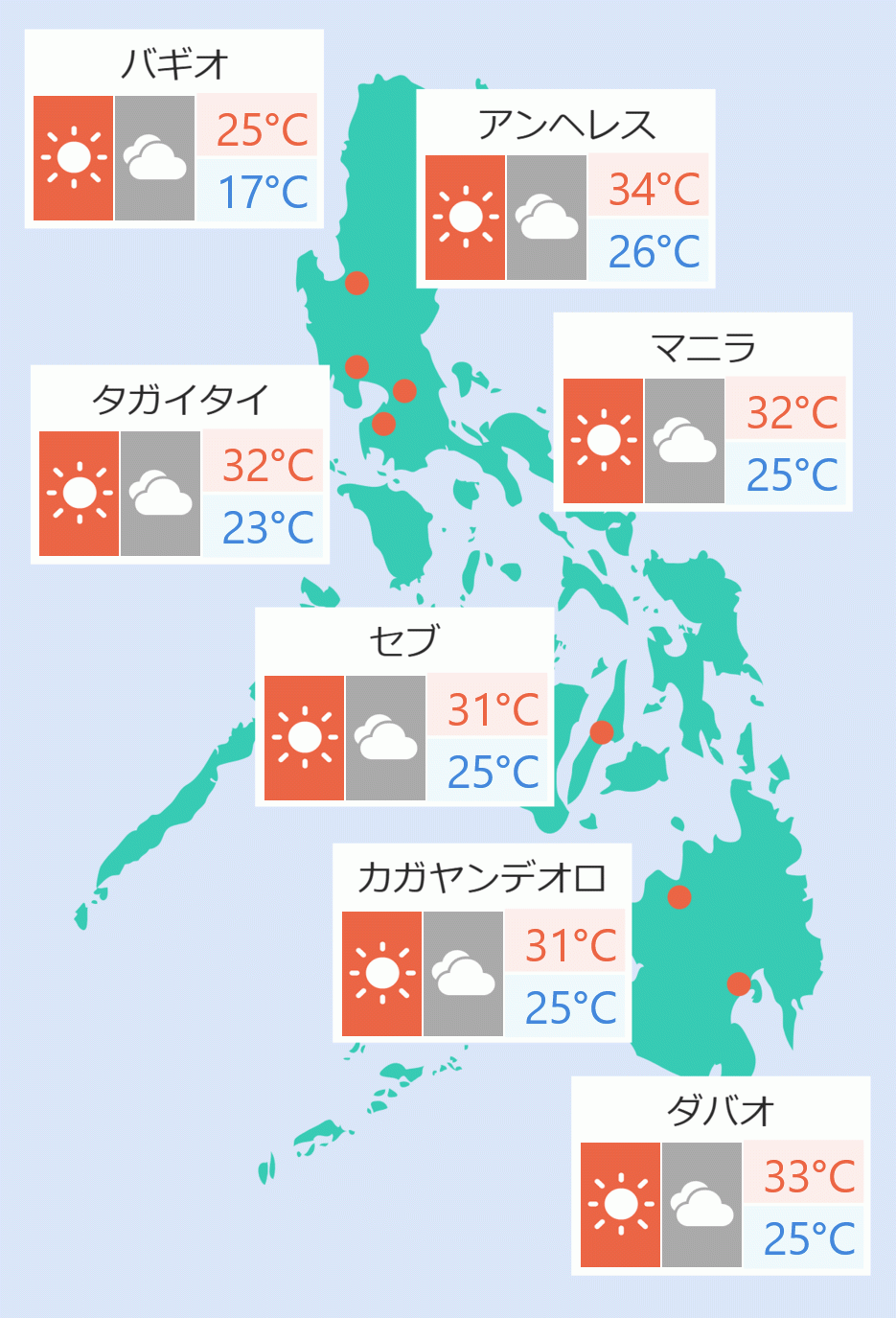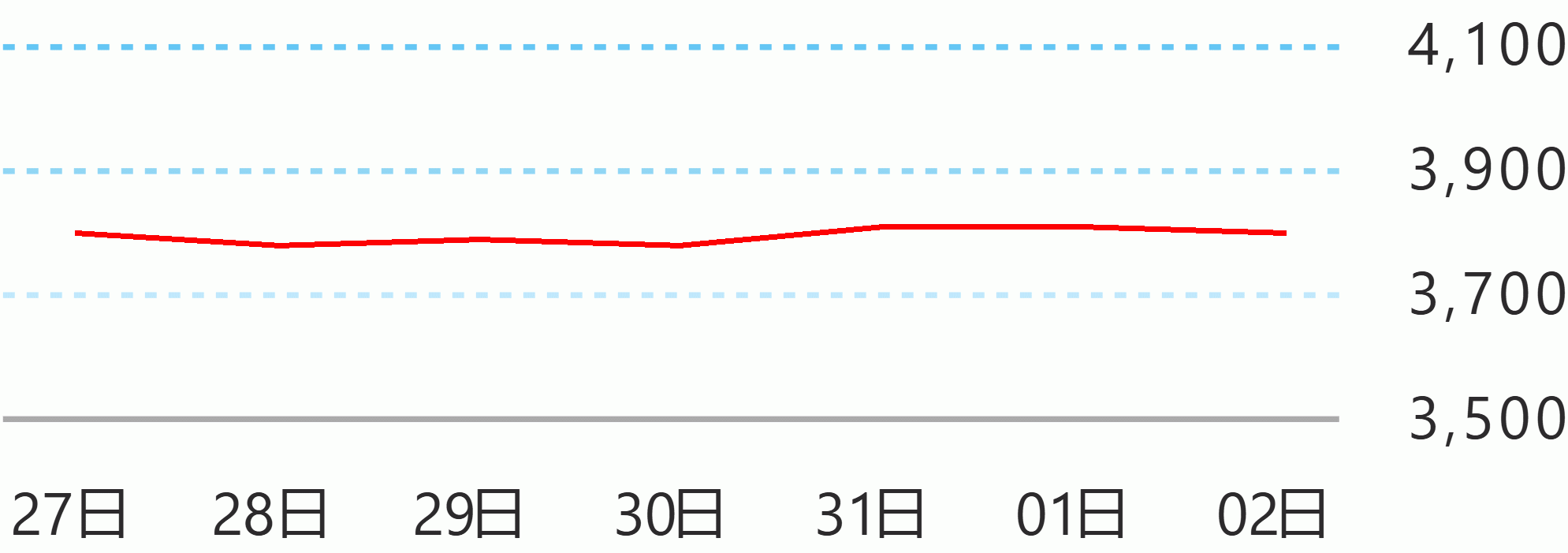The Department of Finance (DOF) has secured a total of US$4.55 billion in newly contracted foreign loans from multilateral lenders and the commercial markets as of mid-May this year to boost the government’s ongoing efforts to suppress the coronavirus disease 2019 (COVID-19) pandemic and provide relief to the most affected sectors.
This amount in budgetary support financing for the COVID-19 emergency came from loans extended by the Asian Development Bank (ADB) and the World Bank, and the government’s issue of US dollar-denominated global bonds last month, the DOF said.
Of the amount of US$4.55 billion, US$1.7 billion came from the ADB, US$500 million more was from the World Bank, and another US$2.35 billion was raised from the dual-tranche issuance of the Philippines’ global bonds, which fetched coupon rates of 2.45 percent for the 10-year and 2.95 percent for the 25-year, the lowest ever for a Philippine dollar bond in both tenors.
The World Bank also accelerated its disbursement of the US$200-million additional financing for the ongoing Social Welfare Development and Reform Project II to the Philippines, bringing the total amount for budgetary support financing sourced by the government from foreign loans for the COVID-19 response to US$4.75 billion.
In terms of project loan financing, the Philippines signed a US$100-million loan with the World Bank last April 28 for the government’s COVID-19 Emergency Response Project (ERP) that aims to strengthen the country’s capacity to prevent, detect and respond to the threat posed by the COVID-19 pandemic and boost its national systems for public health preparedness.
The DOF also raised an additional US$8 million in grant financing from the ADB to support two projects implemented by the Department of Health (DOH) and other government agencies dealing with the COVID-19 emergency.
These financing packages for budgetary support, project loan and grants amount to a grand total of US$4.858 billion secured as of May 14 by the DOF for the government’s COVID-19 response efforts.
The DOF’s update on these financing packages formed part of President Duterte’s seventh weekly report to the Congress on the use of the additional powers granted to him under Republic Act (RA) No. 11469 or the Bayanihan To Heal As One Act.
The update on these financing packages has been posted on the DOF website.
For the budgetary support to help the government deal with the COVID-19 crisis, the ADB opened up to US$1.5 billion in credit for the Philippines’ COVID-19 Active Response and Expenditure Support (CARES) program last April 27, and another US$200 million for the additional financing under the Social Protection Support Project (SPSP) last May 5.
The World Bank provided budgetary support to the government with the signing of the US$500-million loan for the Third Disaster Risk Management Development Policy Loan (TDRMDPL) last April 10, which became effective on April 27.
Last April 27, the government successfully raised US$1.35 billion from its issuance of US-dollar denominated 25-year global bonds, and another US$1 billion from its 10-year bonds.
In terms of grants, the ADB has provided US$3 million for the government’s purchase of medical supplies for health workers, and US$5 million for the government to leverage private-sector donations for a food distribution program that has benefited 55,000 poor households in Metro Manila and neighboring areas.
Earlier, Finance Secretary Carlos Dominguez III said President Rodrigo Duterte’s ‘”saving-for-a-rainy-day” approach to economic management has gained for the country the trust and confidence of the world’s most respected credit rating agencies and development partners,” such as the ADB, World Bank and Asian Infrastructure Investment Bank (AIIB)?“allowing us to borrow money at lower interest rates and longer repayment periods.”
Dominguez said the strong demand for the government’s latest global bond issue also “demonstrates the resiliency of global investor interest in the Philippine economy despite an environment gripped with pandemic fear.”
As a result, the government was able to develop a four-pillar strategy to shield the Filipino people against the adverse impact of the pandemic and craft a recovery program to gradually jumpstart the economic activities. This strategy has a combined value of P1.74 trillion or 9.1 percent of the gross domestic product (GDP).
It covers the following: (1) providing poor and low-income households, small-business employees and other vulnerable groups emergency and wage subsidies; (2) marshalling the country’s medical resources and ensuring the safety of healthcare frontliners; (3) fiscal and monetary actions to finance emergency initiatives and keep the economy afloat, and (4) an economic recovery plan to create jobs and sustain growth under a post-quarantine scenario. DMS





 English
English










